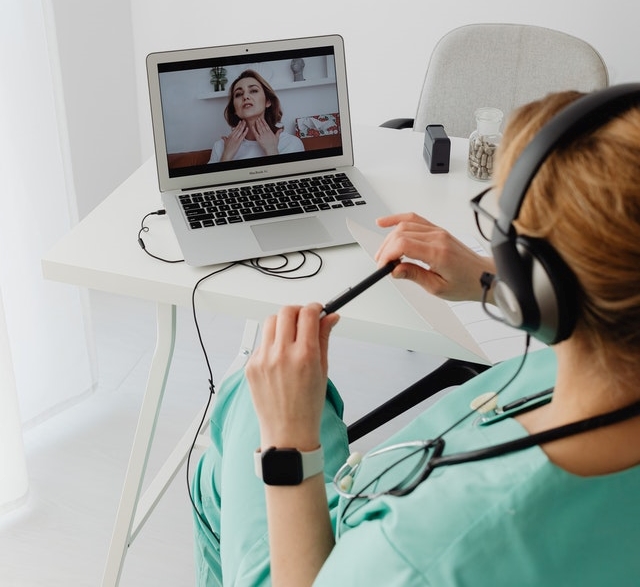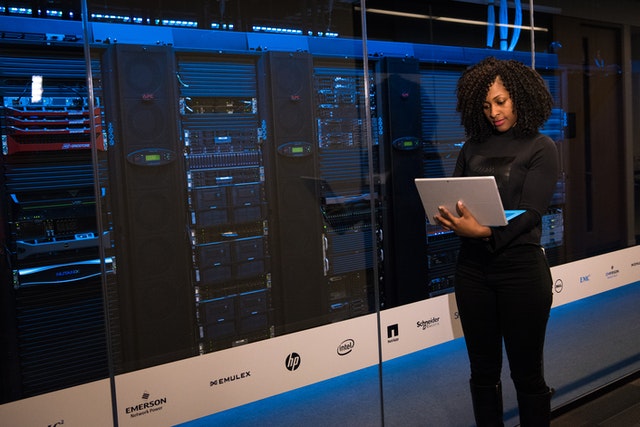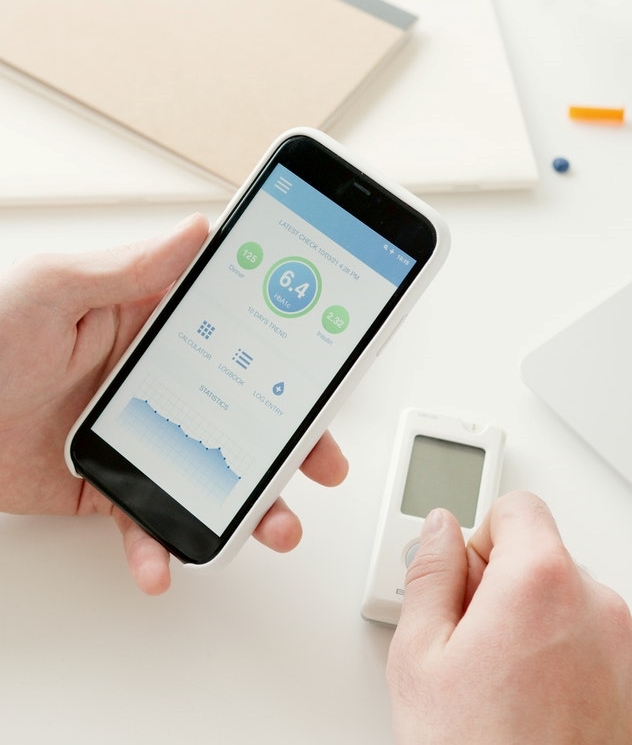Clinical Decision Support Systems CDSS gather, store, and analyze data from various EHR systems. They provide alerts, reminders, and guidelines to doctors so they can make informed decisions backed by evidence [1]. With CDSS, clinicians can provide personalized and preventive patient care that leads to better health outcomes. CDSS are made up...
Tag: AI
Cloud Computing in Healthcare Cloud computing is a method of collecting, storing, and monitoring patient data online. It allows flexibility for providers and patients so that remote care services and data storage can be securely and effectively provided [1]. Therefore, it is no surprise that the industry is expected to grow...
Background The population of those 65 years and older is growing thanks to increased health advancements. However, due to their age, seniors are at an increased risk for diseases. This requires more frequent visits and check-ups. Oftentimes, the older patient requires assisted living in order to monitor their health. Surprisingly though,...
Introduction Remote monitoring continues to be mentioned in the healthcare industry due to its promise of providing proactive care. Currently, chronic conditions are leading as the cause of death; by 2030 they are expected to cause 69% of deaths [1]. This is concerning because patients with chronic conditions such as heart...
Background In theory, interoperability seems like an effective solution to increasing provider engagement and positive patient outcomes. In actuality, it proves to be more burdensome than not. This is because interoperability requires vendors to work together with one another. However, most vendors would prefer to continue selling their own products rather...
Background Interoperability Lacks Meaningful Data Exchange The healthcare industry prioritizes the three levels of interoperability. The foundational level is when data is exchanged between two systems but the data can not be interpreted [1]. The next one is the structural level where data is exchanged between two systems and interpreted [1]. The...
Introduction Hybrid cloud computing provides private and public cloud options that are secure and allow data transfer between different platforms. Currently, patients’ medical records are kept with different systems, making it harder for providers to securely and efficiently share data. Cloud computing systems provide an effective solution to this problem by...
Introduction Increasing provider engagement is crucial to improving overall health outcomes for patients. Currently, provider engagement is lacking. For instance, different departments often do not communicate with each other, which can lead to worse outcomes for patients. Furthermore, physicians may be overwhelmed with other tasks and forget to follow up with...
Abstract Innovations in patient engagement have been significantly falling behind. Patients lack information on services they may need or the cost for them. Furthermore, the pandemic continues to have lasting effects on society even after years since it first appeared. Patients have been putting off seeing their primary care physician. This...
Artificial Intelligence (AI) is a trending topic within the health IT community. It is gaining more recognition with concepts like Machine Learning (ML) and Deep Learning (DL) entering the picture. We are on the brink of one of the biggest technological leaps in history. AI is spreading its roots into...









